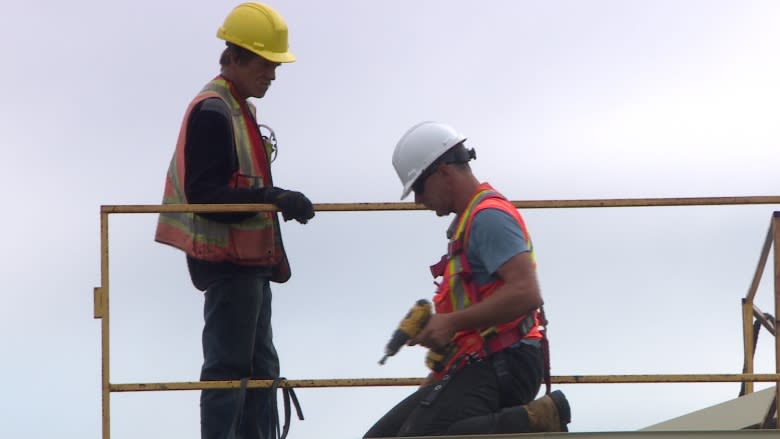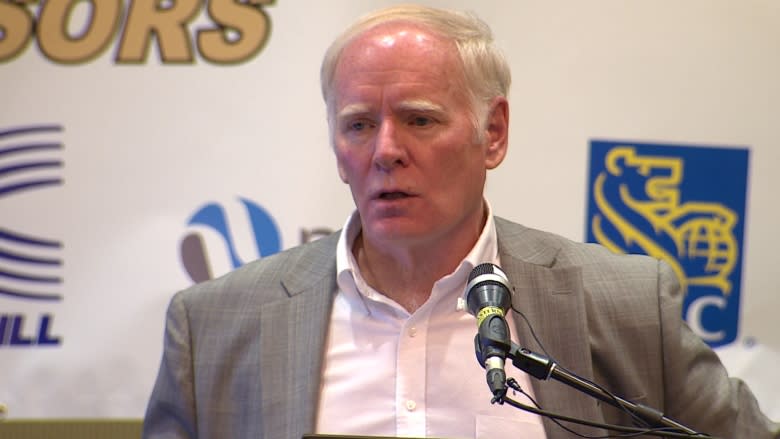Diverse economy, immigration will address economic slump: Don Mills
The CEO of Corporate Research Associates (CRA) says the Newfoundland and Labrador government needs to look at increasing immigration and bringing back expats, as well as diversifying the economy, to address an economic downturn.
Government's Labour Market Outlook for 2025 said the province can expect to lose about 24,000 jobs over the next three years, but estimated an increase of 64,000 jobs in the next decade.
Don Mills said despite those job losses, there still needs to be an emphasis on increasing immigration to Newfoundland and Labrador, and the rest of Atlantic Canada.
"Just because there's an oversupply in one part of the economy does not make up for the problem that Newfoundland and Labrador and the rest of the region faces," he said.
Mills said the expected removal of baby boomers from the workforce by 2030 could spell bad news for the province, mainly because there's not enough people to fill those jobs.
"Because you have an oversupply in one part of the economy does not mean that you're out of the woods in terms of the requirement for more people to keep the economy going."
According to Mills, one of the challenges for immigration in the province is attitude.
"We know from our own research that because this area's been chronically faced with high unemployment for decades that there is always pushback for the fear that somebody from some other place will take a job away from somebody who lives in the region," he said.
"The other barrier that we face is that we really have very little experience with diversity in Atlantic Canada … in Newfoundland only about three or four per cent of the population were born in another country. In Canada, that number is 22 per cent and in Toronto it's 50 per cent."
Mills added the province also needs to put an emphasis on bringing back people who left for work decades ago.
"The population in Newfoundland's a lot smaller than it was 20 years ago, so a lot of people certainly left for better economic opportunities," he said.
"They're now skilled in different professions and a lot of them will want to come back, so there's two real sources of increasing the labour force."
'Do a better job at forecasting'
Mills said one of the biggest challenges the province will face is the economy itself.
According to Mills, the province should not be so reliant on a resource-based economy which experience highs and lows in different cycles, like the oil and gas and mining sectors.
He added the province should follow Alberta's example and try to diversify, branching out into other areas of expertise — including information technology (IT) jobs, which Mills said will likely hold the greatest promise for future employment.
"The province really has to do a better job at forecasting where the jobs are going to come from and don't get into the situation where they have such a big oversupply in a sector that they currently have. That is poor planning," said Mills.
"It makes me question how good those estimates are in terms of 24,000 jobs because they certainly didn't do a good job predicting how many of those jobs were needed in the first place."



